Where Did Kavanaugh Come From?
Here is the unusual story of an Irish surname - Kavanagh (or Kavanaugh) - that never had an "O" or a "Mac" before it. It was born at a very troublesome time in Irish history - when the various chieftains were only looking after their own self-interests and one of them "invited" the Norman English Knights to come to Ireland to help. We all know what happened next!
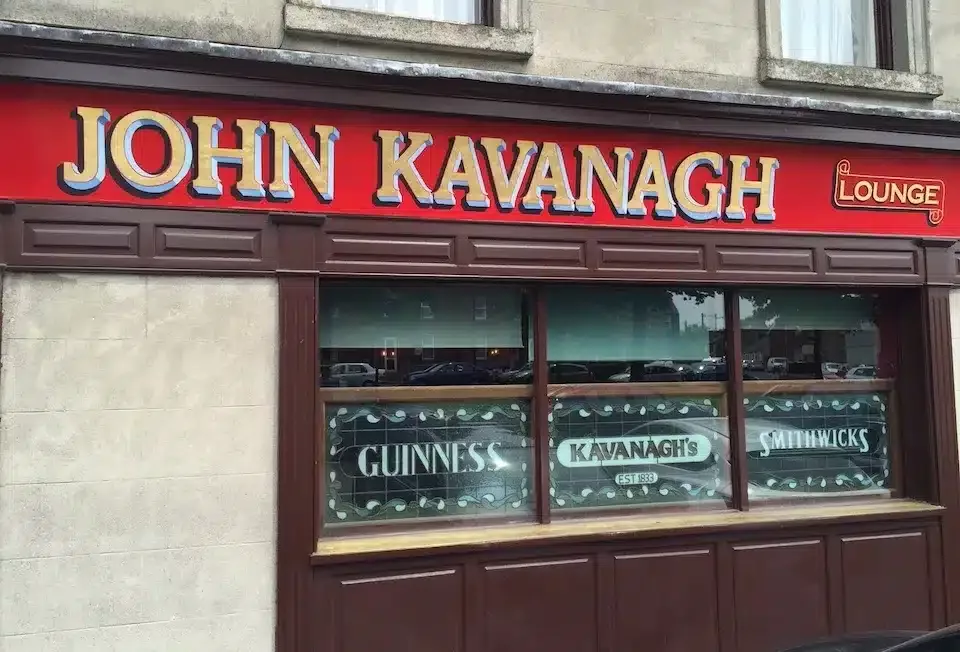
One Irish name has been in the news a lot over the past 2 weeks – not just in the USA but all over the world. That surname is “Kavanaugh” – or “Kavanagh” as it more commonly spelt here in Ireland. So, I thought I would give us all a little welcome distraction as we share the story of this name – and one man in particular.
The Birth of an Irish Surname.
Diarmait Mac Murchadha (McMurrough) was the King of Leinster back in the late 1100s – his kingdom covering what are now counties Wexford, Wicklow and Carlow to the south-east of Ireland. Like many noble-men, Diarmait had a large number of children – many fostered out to other families. This practice of “fostering” was common among noble families – often used for educational purposes and to strengthen ties between allies. One of Diarmait’s sons – Domhnall – was fostered by a family known as descendants of “Saint Caomhan” – and the nickname tacked on to the end of his official name reflected this fact: Domhnall Mac Murchada “Caomhanach” (pronounced “Cway-vawn-ock”).
Domhnall and his descendants went on to become Kings of Leinster. As English became a language of everyday use, they assumed the surname “Kavanagh” – a direct phonetic translation of the Irish “Caomhanach”.
Today, there are well over 12,000 Kavanagh/ Kavanaugh/ Cavanagh/ Cavanaugh name holders across Ireland. My guess is that there are multiples of that number outside this island. How about you – do you have any “Kavanaghs” in your Irish family tree?
However, the surname Kavanagh is found in many parts of Ireland – sometimes related to the Kings of Leinster but sometimes with a very separate origin. Let’s have a look at the story of just one of these Irish Kavanaghs:
A Scandal, A Surname Changed and the Birth of a Poet.
Patrick Keaveney was born and brought up near the village of Easkey in County Sligo. He qualified as a teacher in the mid-1800s and was ready to work in the new network of Irish National Schools. He travelled across the country to the small village of Inniskeen in County Monaghan, about ten miles from the market town of Dundalk and was employed there as the local headmaster. However, he was only there a while before making a local girl pregnant – one Nancy Callan. This was not a good move for a “pillar of the community” at the time. However, Nancy knew her own mind and refused to marry this man she hardly knew. As one of the Iniskeen locals told me, she was “a woman ahead of her time”.
Patrick was dismissed and moved to the town of Tullamore where he became the governor of the local workhouse. When Nancy’s child was born, the priest changed the surname from Keaveney to Kavanagh to mask the connection with the dismissed school teacher -and so Nancy’s child was christened James Kavanagh. Patrick Keaveney did maintain contact with Nancy and James, and sent on money from time to time.
James Kavanagh grew up in the townland of Mucker, just outside the village of Inniskeen where he apprenticed as a shoemaker as well as helping on the small farm. In 1897, he married Bridget Quinn and they went on to have ten children together. Their eldest son was born in 1904, and following Irish naming conventions, they named him after his teaching grandfather – Patrick Kavanagh.
Over the next thirty-odd years, Patrick Kavanagh attended school in Inniskeen, then apprenticed as a shoemaker and became a farmhand, just like his father before him. However, he also read ferociously and started to develop a striking ability as a poet. His poems reflected his life among the people and land of County Monaghan. Here is an example called: “My Father Played the Melodeon:
My father played the melodeon
Outside at our gate,
There were stars in the morning east
And they danced to his music.
Across the world bogs his melodeon called
To Lennons and Callans
As I pulled on my trousers in a hurry
I knew some strange thing had happened.
Outside in the cow-house my mother
Made the music of milking,
The light of the stable-lamp was a star
And the frost of Bethlehem made it twinkle.
A water-hen screeched in the bog,
Mass-going feet
Crunched the wafer-ice on the polt-holes –
Somebody wistfully twisted a bellow’s wheel.
My child-poet picked out the letters
On Time’s black stone,
In silver the wonder of a Christmas townland
The winking glitter of a frosty dawn.
Cassiopeia was over
Cassidy’s hanging hill.
I looked and three whin bushes rode acoss
The horizon – the Three Wise Kings.
My father played the melodeon,
My mother milked the cows
And I had a prayer like a white rose pinned
On the Virgin Mary’s blouse.
You might notice the mention of some local names through his poem – and that could cause some problems – many locals avoiding him out of fear that he may write about them! In 1939, Patrick left Inniskeen to live and work as a writer in Dublin. But, for the rest of his life, he wrote poetry that evoked the natural environment of his rural Monaghan upbringing – but it is probably only after his death in 1967 that he became recognised as one of Ireland’s greatest poets.
So, that’s the end of today’s story – the origin of an Irish surname, a scandal and the birth of one of Ireland’s greatest poets.
As a final thought, the name Kavanagh that was held by the Kings of Leinster is the only Irish Gaelic surname that NEVER had an “O” or “Mac” before it. It stood alone!
How about you? Are you aware of the origin of the Irish surnames in your family tree?
Slán for now – chat again next week,
Mike and Carina.

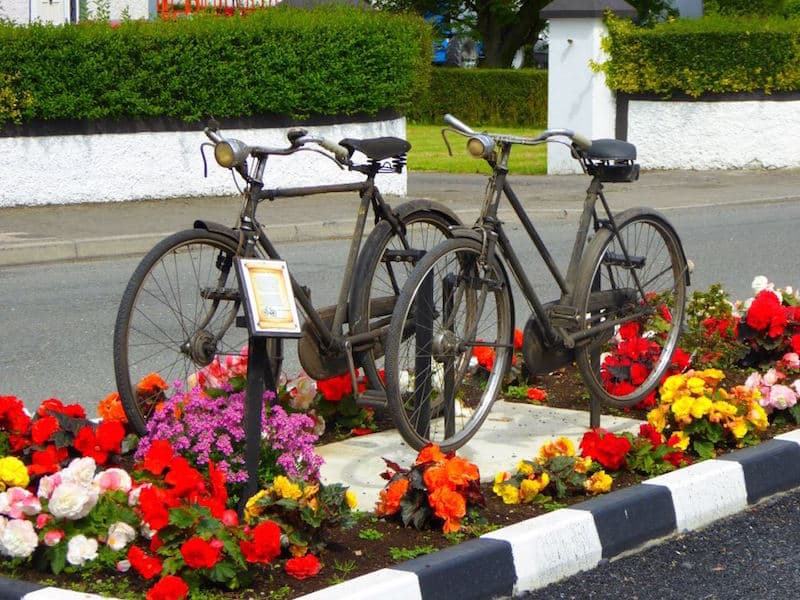

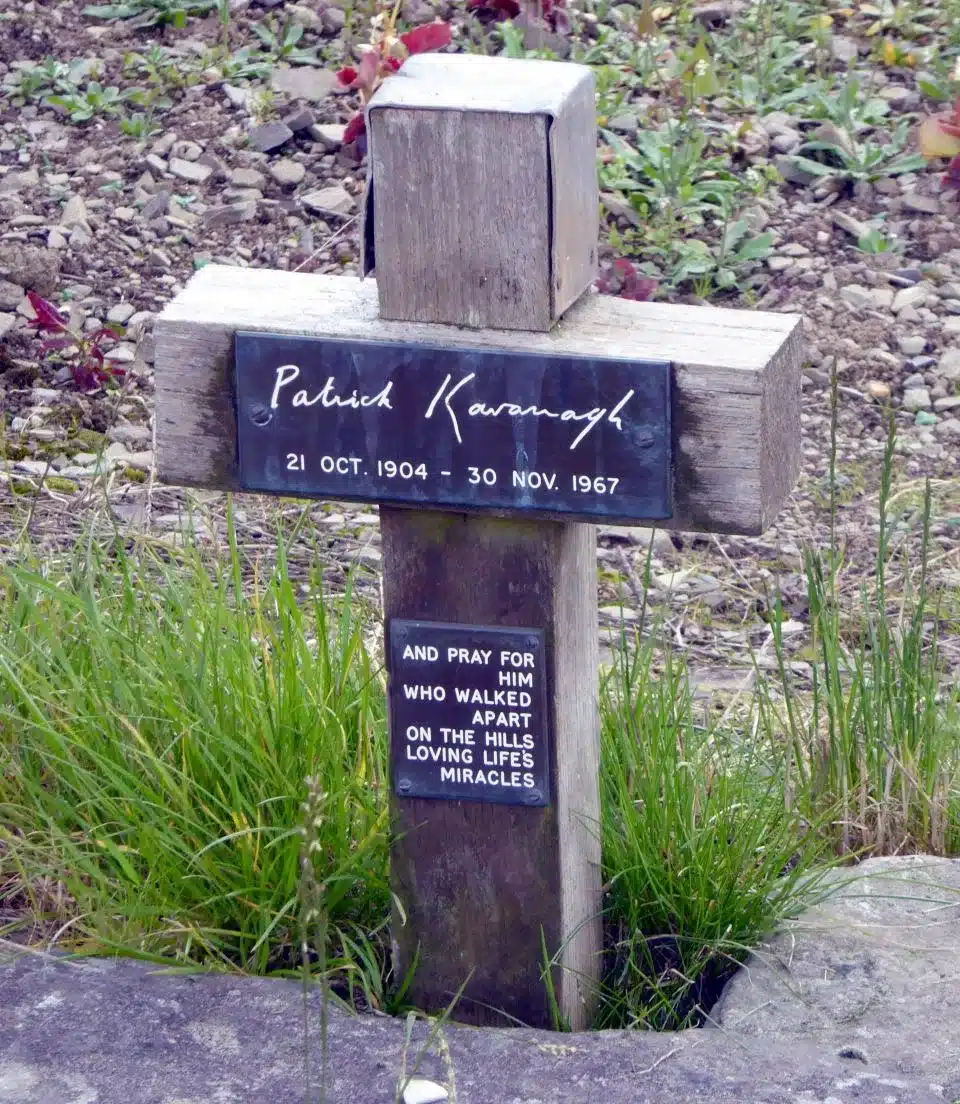
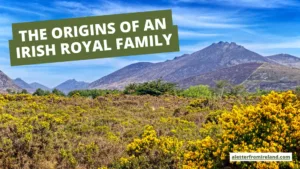
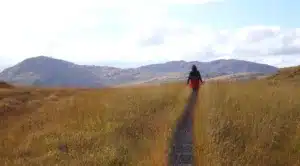
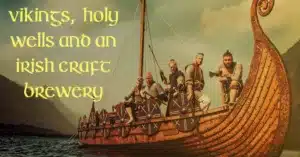
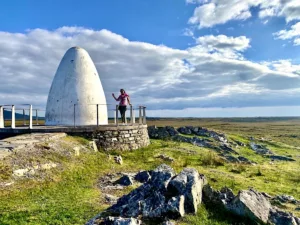
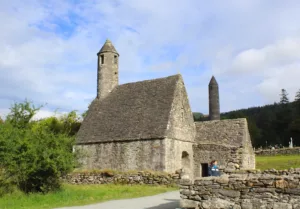
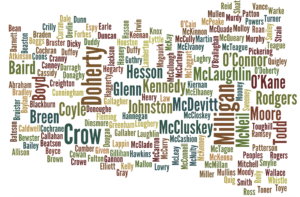
Only Plus Members can comment - Join Now
If you already have an account sign in here.